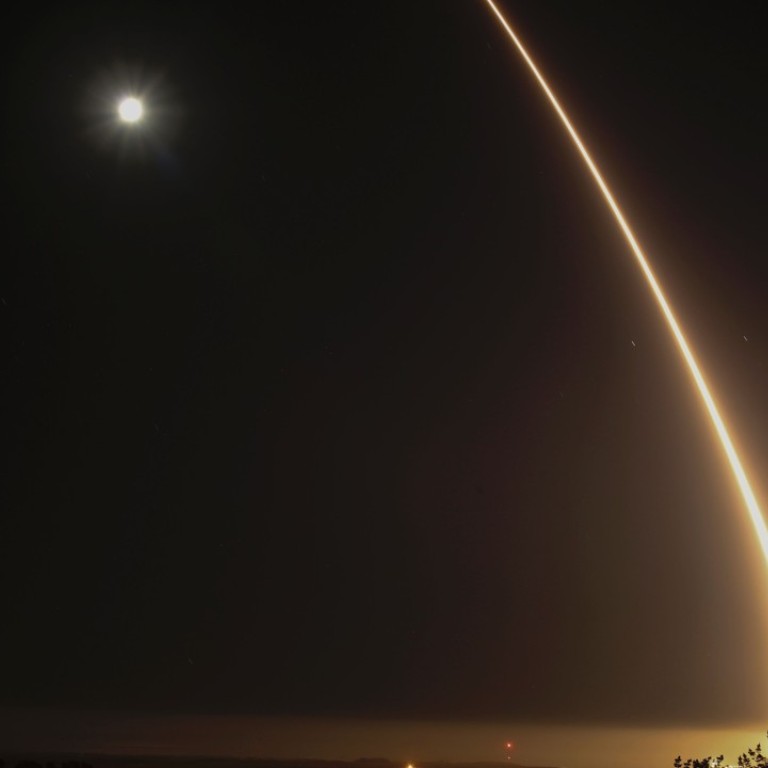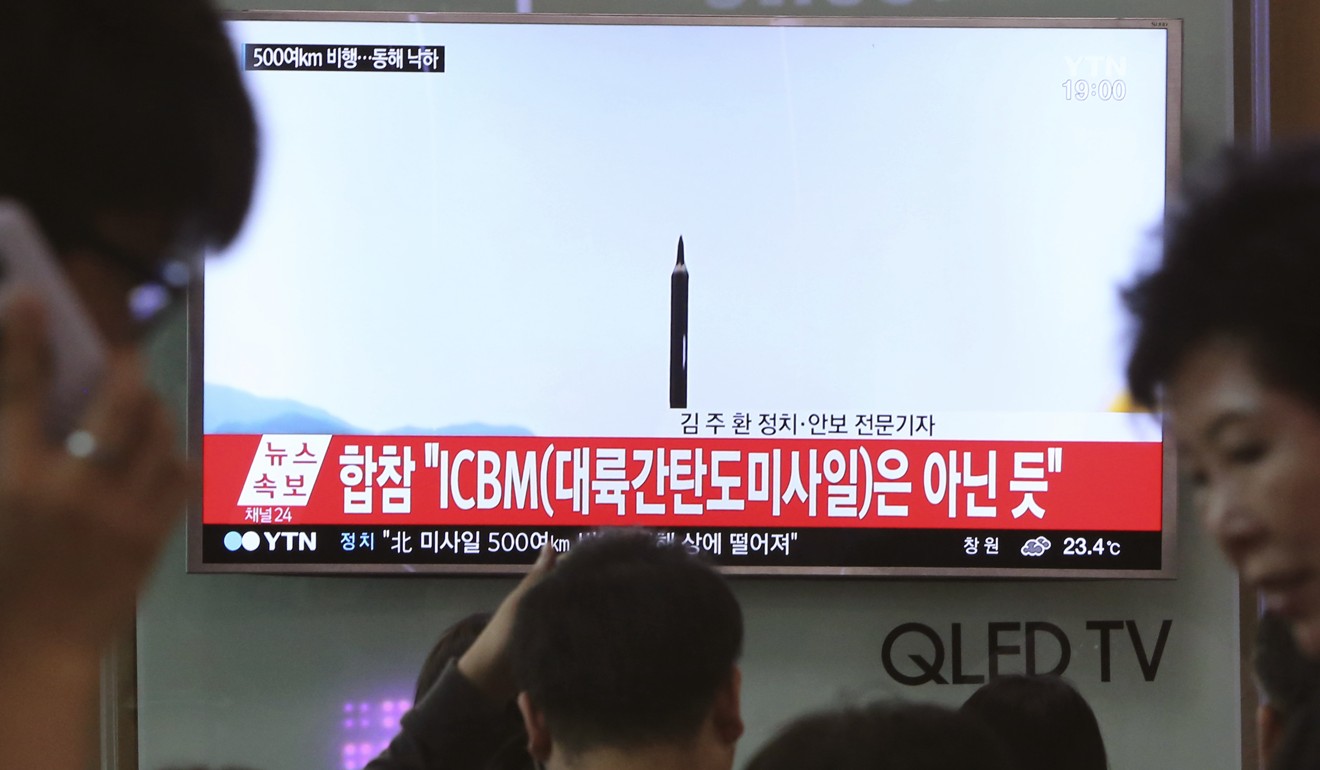
US to carry out tests to intercept ICBM missile with an eye on North Korea
The United States will test an existing missile defence system to try to intercept an intercontinental ballistic missile (ICBM) next week, US officials said on Friday, at a time when North Korea is trying to develop one.
The test, scheduled for Tuesday, is the first time the United States will try to intercept an ICBM.
The United States has used the Ground-Based Midcourse Defence (GMD) system, managed by Boeing and in place to counter attacks from rogue states such as North Korea, to intercept other types of missiles but never an ICBM.

While US officials believe Pyongyang is some years away from mastering re-entry expertise for perfecting an ICBM, it is making advances.
This week the head of the US Defence Intelligence Agency said that if left unchecked, North Korea is on an “inevitable” path to obtaining a nuclear-armed missile capable of striking the United States.
The remarks are the latest indication of mounting US concern about Pyongyang’s advancing missile and nuclear weapons programmes, which the North says are needed for self-defense.
US officials said that the test had been planned well in advance and was not in reaction to any specific event.
The Missile Defence Agency said an interceptor based out of Vandenberg Air Force Base in California, one of 36 in California and Alaska, will be used in the test to shoot down a target similar to an ICBM over the Pacific Ocean.
The system has carried out successful intercepts in nine out of 17 attempts dating back to 1999. The most recent test was in 2014. Last year a science advocacy group said the system has no proven capability to protect the United States.

